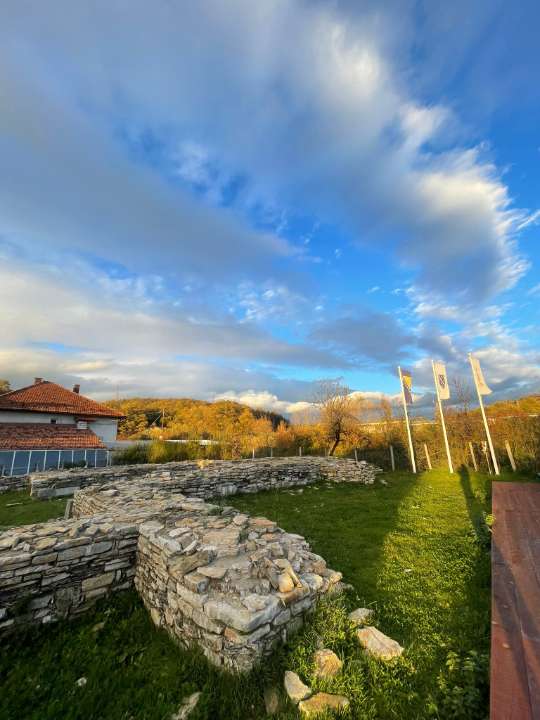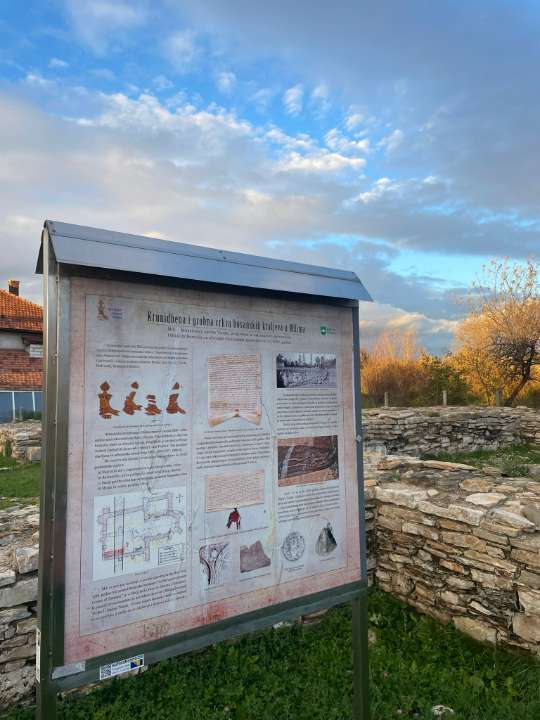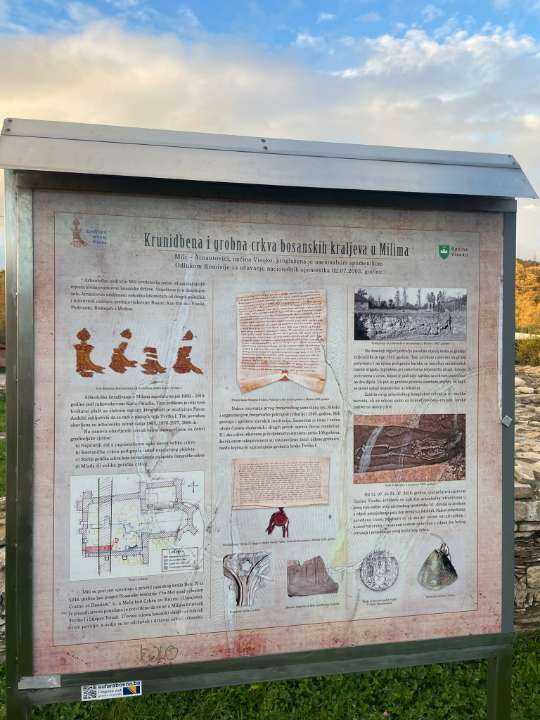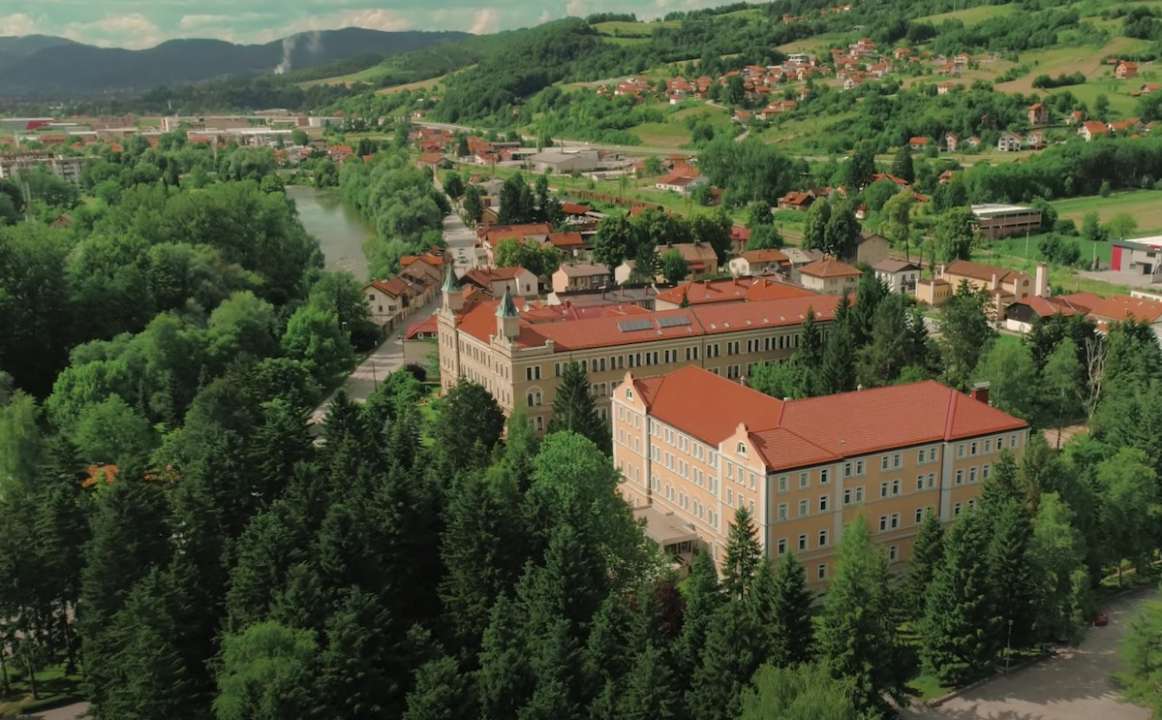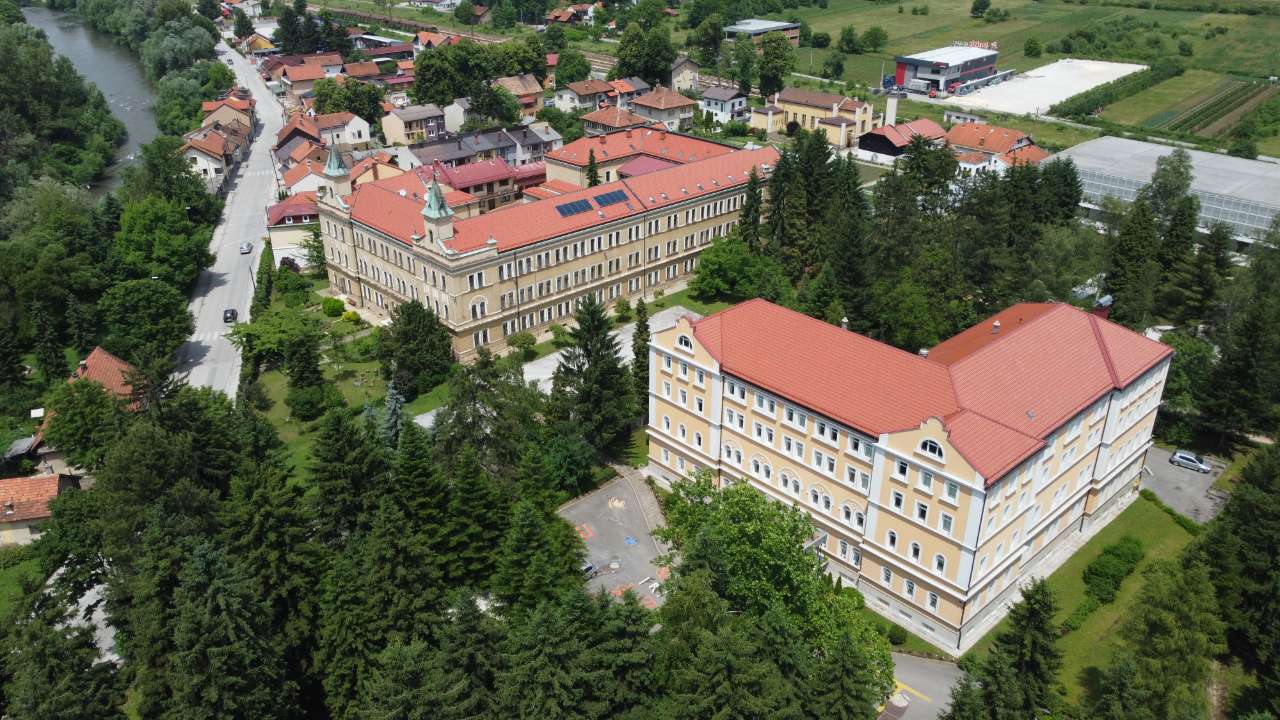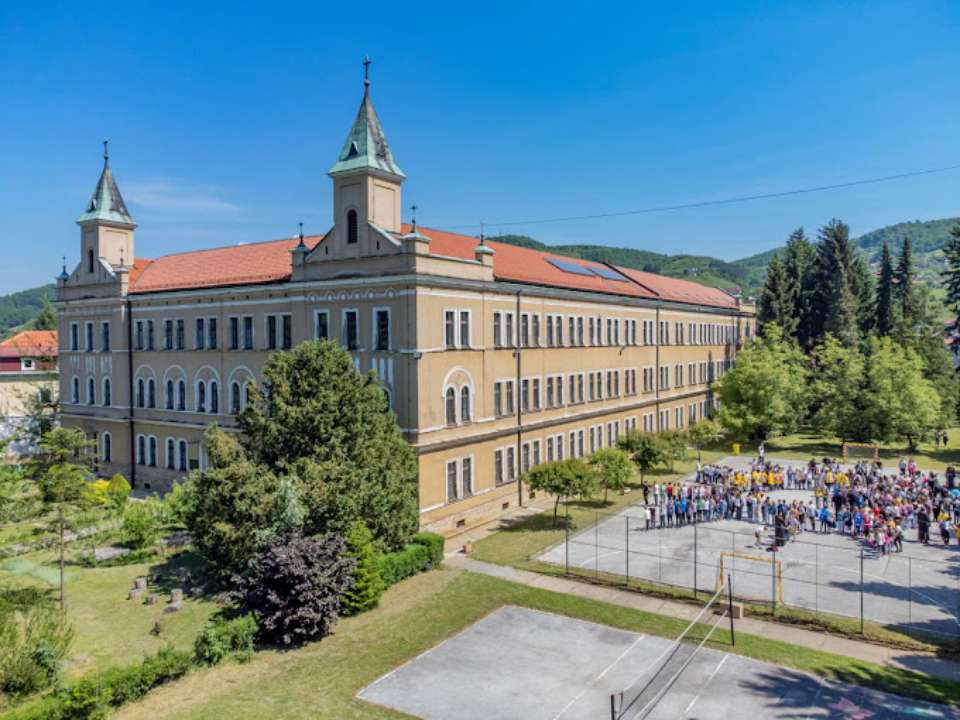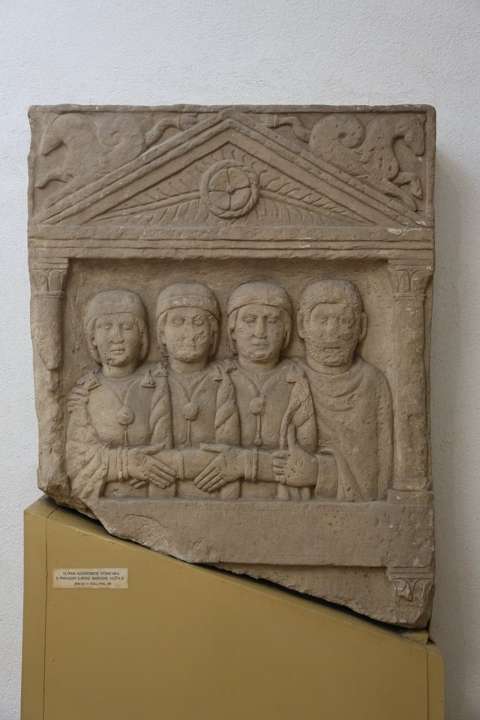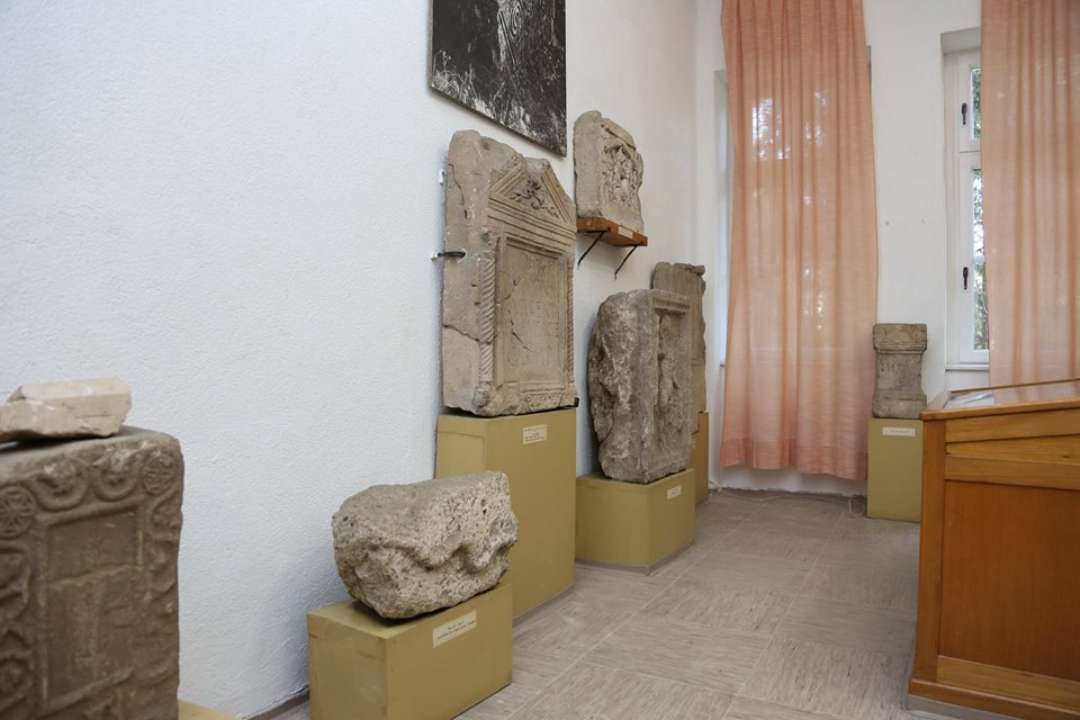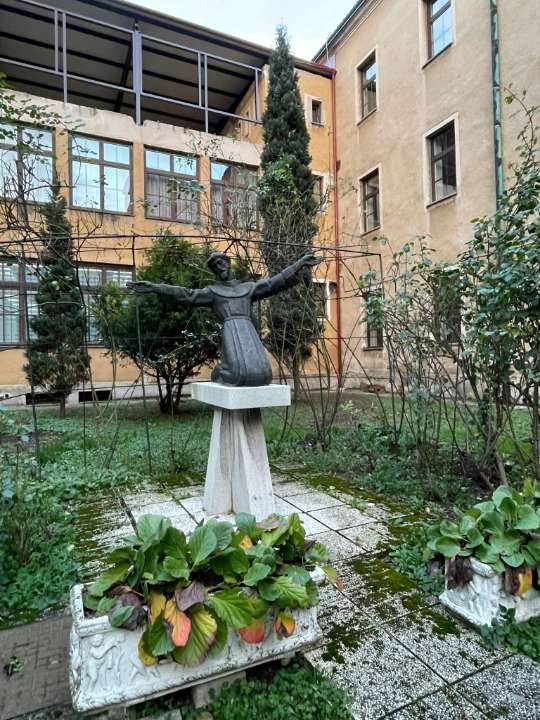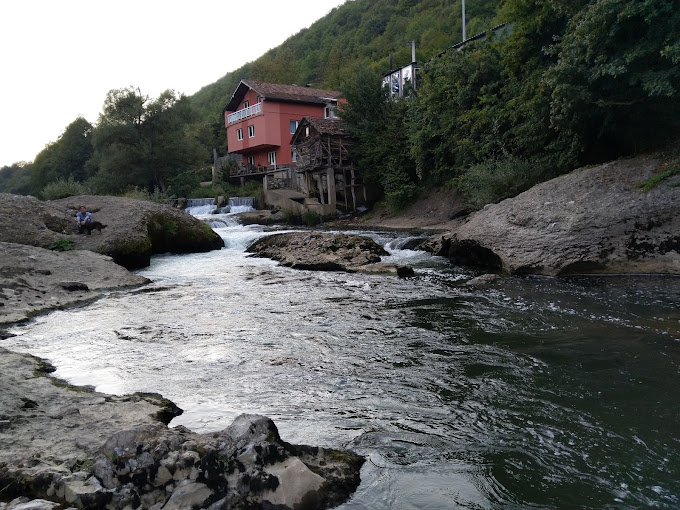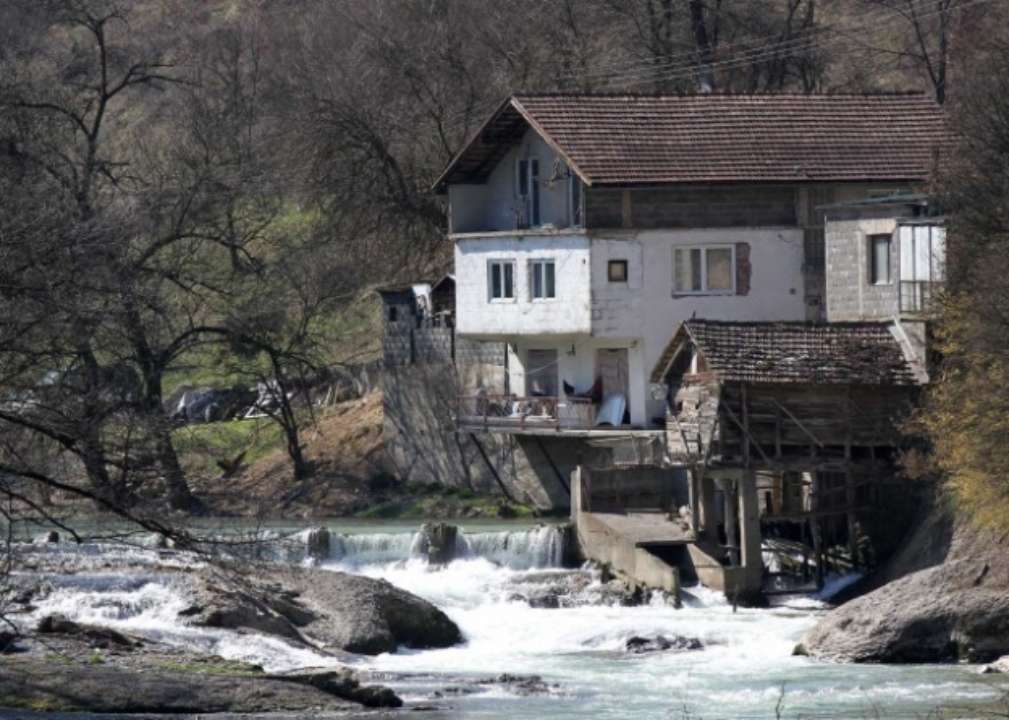Crkva sv. Ante Padovanski
historical sites
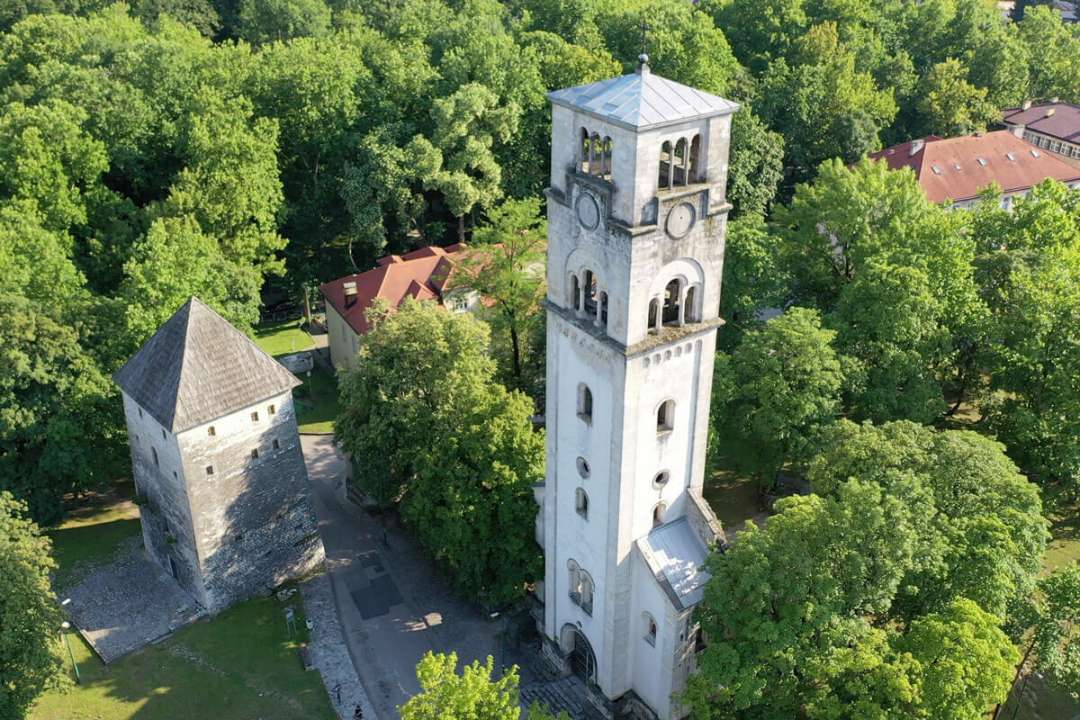
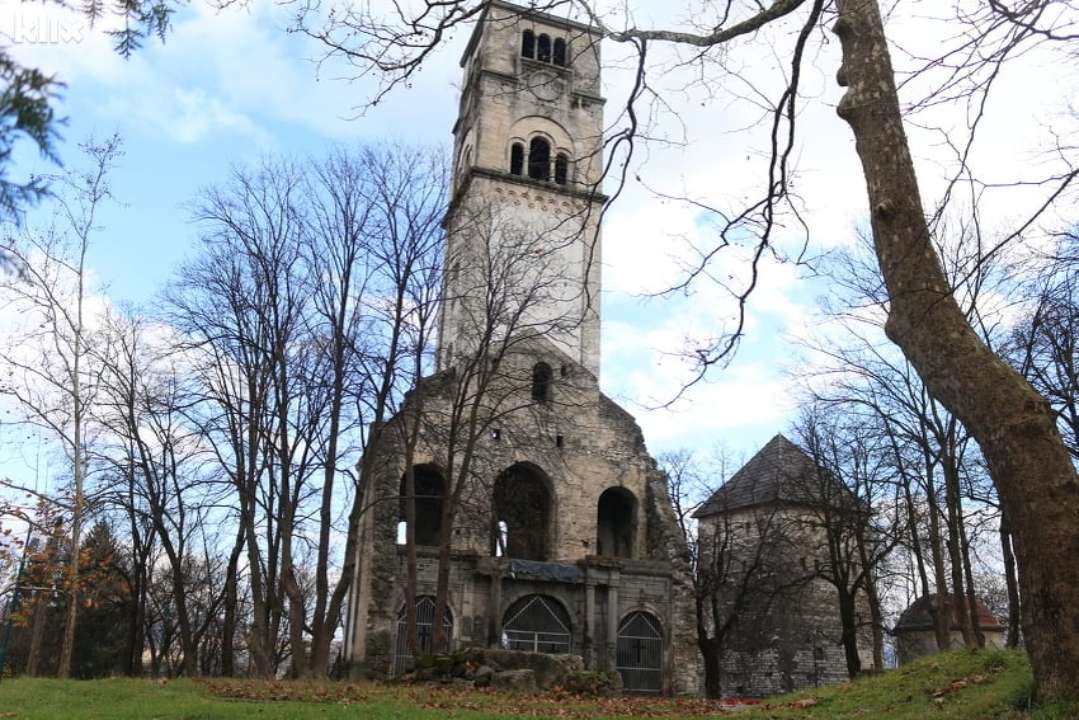
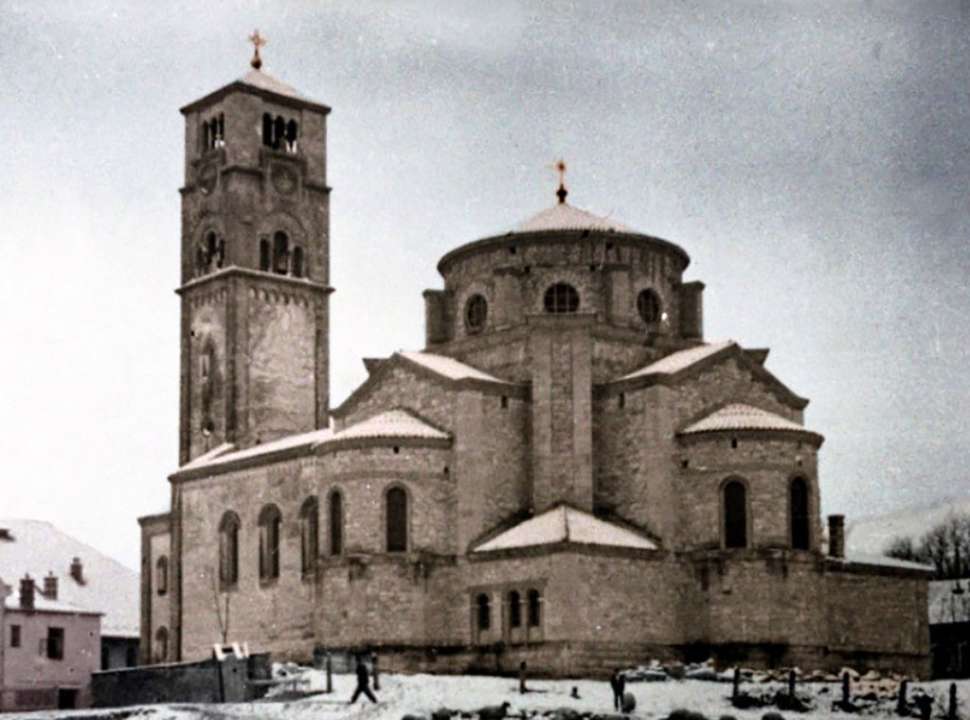
Nestled in the embrace of Bihać, the Church of St. Anthony tells a tale that weaves through time, a testament to resilience and transformation. Its foundations were laid in the twilight of the 19th century, the last brushstrokes completing the masterpiece in 1894. Legend whispers that its sacred ground cradles the echoes of a medieval church, a silent witness to Bihać's storied past. Crafted with meticulous care, the architects envisioned more than a church; they dreamed of an architectural symphony. The Church of St. Anthony rose with a commanding presence, its spatial design covering around 900 square meters, crowned by a lofty rectangular bell tower. Alongside the Fethija Mosque and the Captain's Tower, it stood as a sentinel above the city, an architectural masterpiece in the heart of Bihać. The winds of World War II brought change, as the church underwent a metamorphosis in response to the turbulent times. In 1941, the order came to dismantle the Orthodox church to its very foundations. Yet, from the rubble emerged a reborn St. Anthony's Church, reaching skyward with an additional floor to its bell tower, extending its form to embody the shape of a cross. In this reimagined guise, the church earned its place among the giants, becoming one of the three largest in Bosnia and Herzegovina, a grandeur stretching across 58 meters. The winds of war, however, were unkind. In 1944, the thunderous roar of Allied bombers echoed through the city, leaving scars on the church's facade. Yet, resilient as the spirit it symbolizes, the square tower with its enduring bell tower stood tall, defiant against the march of time. Today, it stands as a silent sentinel, a poignant reminder of wartime sacrifices and a living testament to the endurance of Bihać's spirit.
Accessibility Information
Entrance Fee
The entrance fee is free
Visit Duration
Recommended visit duration is less than 1 hour
Guided Tour
Guided tour is not available
Must See
This place is worth seeing

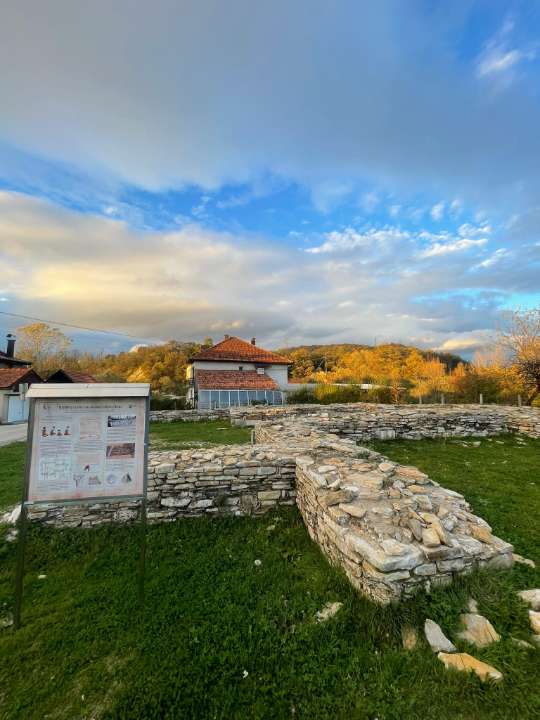
.jpeg?alt=media&token=3509f07c-9de0-4350-aaa1-00cd9a966bed)
